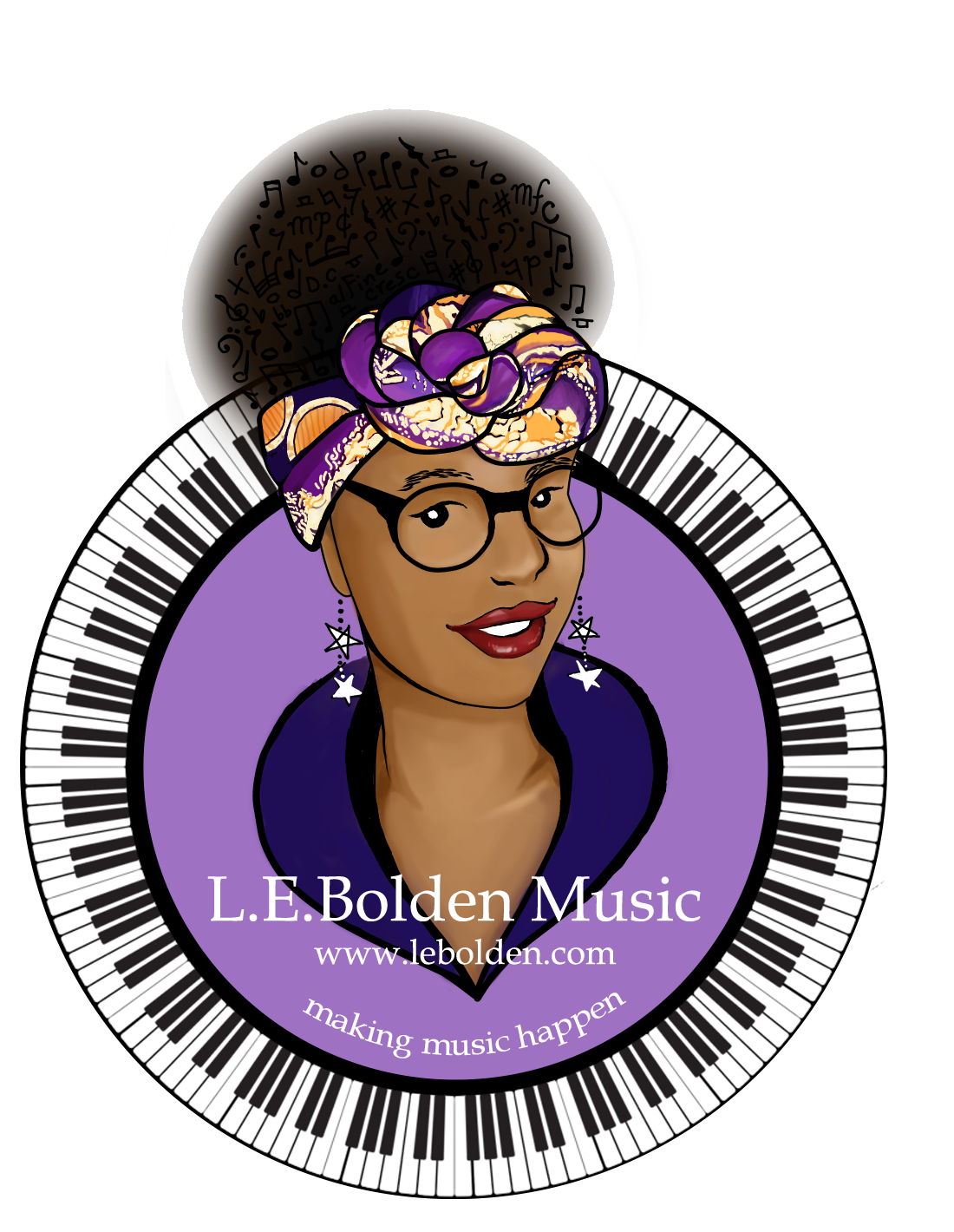(Sometimes I feel Like a) Motherless Child
Sometimes I feel like a motherless child.
Sometimes I feel like a motherless child,
A long way from home,
A long way from home.
True believer, a long way from home.
Sometimes I feel like I’m almost gone.
Sometimes I feel like I’m almost gone.
Sometimes I feel like I’m almost gone,
Way up in the heavenly land,
Way up in the heavenly land.
True believer, way up in the heavenly land.
“...There is no more hapless victim than one who is cut off from family, from language, from one’s roots” (Thurman).
This song carries more historical significance than Biblical significance. Unlike many other spirituals, this one talks about the shared experience of the slaves themselves rather than drawing from Biblical references and metaphors. “When the slaves were taken from their homeland, the primary social unit was destroyed, and all immediate tribal and family ties were ruthlessly broken” (Thurman). This evokes a pain so great, it can only be healed “up in the heavenly land.” The negro slave was seen as property. No different than cattle. Bought and sold by plantation owners without a thought to family groups already established. Mothers were separated from children, husbands from wives, with little hope of ever reuniting. “Because the separation of families was such a dramatic, though common, experience, the slave was an orphan, with an unfathomable sadness of heart” (Chenu).
Songs like …Motherless Child, Nobody Knows the Trouble I’ve Seen, and Steal Away came from a place of deep sorrow and eventually influenced more modern musical genres like the blues. “Surely, there is no loneliness that surpasses that of a motherless child, yet the very articulation of this state is a sign of endurance, dignity, and even hope” (Newman).
When I began this journey of setting spirituals for solo voice, …Motherless Child was at the top of my list. It’s no secret that I love dark, minor pieces. But with a song that was so repetitive, I wanted to add more to it. I started researching African American poets because I wanted to incorporate spoken word with this simple, haunting, and beautiful melody and I learned about Frances Watkins Harper, (1824-1911) whose poetry was in the public domain. She was an abolitionist, a suffragette, and one of the first African American women to be published in the United States. I started going through her poetry and was immediately drawn to the poem Bury Me in a Free Land. What an inspiration! I love the sentiment of the opening stanza:
Make me a grave where’er you will,
In a lowly plain, or a lofty hill;
Make it among earth’s humblest graves,
But not in a land where men are slaves.
Even now, rereading the poem with intent to set it for choir, I feel an immense connection to the text. The rest of the poem can be found here:
https://www.poetryfoundation.org/poems/154190/bury-me-in-a-free-land
To me, these words seem like the perfect accompaniment to a piece filled with sorrow and despair, as if to say, the story is not yet finished.
Notable Arrangements
Bessie Griffin*
Bessie Griffin - Sometimes I Feel Like A Motherless Child
L. E. Bolden*
https://lebolden.bandcamp.com/track/motherless-child
John Rutter from Feel the Spirit
Sometimes I feel like a motherless child (Feel the Spirit) - John Rutter, Cambridge Singers
*African American Composer
Sources:
Chenu, Bruno. The Trouble I’ve Seen: The Big Book of Negro Spirituals. Judson Press, 2003.
1873-1954., Johnson, J. Rosamond (John Rosamond), et al. The Books of American Negro Spirituals: Including The Book of American Negro Spirituals and the Second Book of Negro Spirituals. Da Capo Press, 1926.
